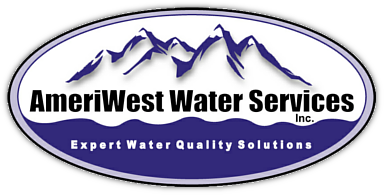Phosphates are the salts of various phosphoric acids. They are widely used in water treatment and industrial formulations because of their superior ability to soften water, control scale and corrosion, and sequester iron and manganese.
Orthophosphates are the most natural form of phosphate and are used to prevent corrosion of metals inside the water mains.
Polyphosphate ingredients in formulations generally provide scale control and the sequestering of minerals.
Blended phosphates use the ortho and poly forms of phosphate to produce products capable of corrosion control and sequestering and tend to be more stable than many single ingredient formulations. By blending various ortho and polyphosphate ingredients, it is possible to achieve a synergistic effect that produces better performance and stability over single ingredient formulations.
